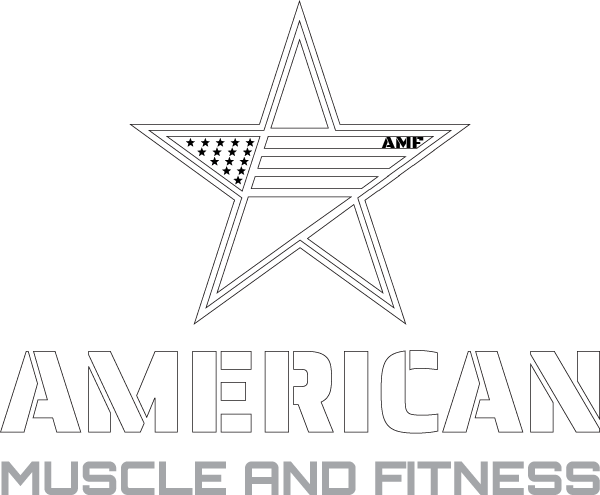Quick Reference Guide to Intermittent Fasting
(4 minute Read-Time)
I’m usually quick to come down hard on trendy diets, as you can see from my “Fad Diet Cliff Notes” blog. Most fad diets are manipulative in how they are advertised and pushed, and often lack any sort practical approach to nutrition and are unsustainable long-term.
However, I am a fan of intermittent fasting and support it for those that feel it may be the best option for nutrition and weight management. It comes with many benefits both short and long term, and is sustainable for long-term success.
After regularly receiving questions from clients and followers about what they can and can’t do, the best way to do it, and what it does I decided to make this quick reference guide for them and all who need some quick answers about intermittent fasting.
What is it
Intermittent Fasting, or IF, using the 16:8 Method is the practice of limiting calorie consumption in a day to a set amount of consecutive hours, 8 hours being ideal, and fasting for the remaining hours. Ideally this is practiced day after day under the same conditions, diet, and hours of fasting/consumption.
There are other effective methods of practicing IF, like the 5:2 Diet, or the Stop/Eat Method. For this guide we are going to be speaking mainly about the 16:8 method but many of these rules are universal for all methods of fasting.
What does it do
IF is most commonly used for weight loss, which comes from reduced calorie intake. Other well-documented benefits are; an increase in HGH resulting in fat reduction and muscle growth, reduced insulin levels, increased longevity by lengthening telomeres, and potential reduction in stress and inflammation. Reduced insulin happens specifically during the fast so cheats can negate the entire purpose of the diet.
What to do
Ask your doctor if you are healthy enough for an IF diet.
Continue workouts and/or cardio. Intense exercise may be safer just before/during/after eating hours.
Pick an 8 hour window of time, the same every day. This is the only time you may consume calories.
Do not consume any calories the other 16 hours of the day.
Choose a clean and consistent diet every day including a variety of food groups. Meal prep will help.
Keep a minimum - moderate carbohydrate intake.
Maintain a slight calorie deficit every day.
Drink lots of water.
Continue as long as you feel well and able. It takes up to 1-3 months to see significant results. 6-12 months is not uncommon, and some go indefinitely. Listen to your doctor and your body to determine how long you can/will/should continue.
What Not to do
Eat all you want during your eating window. Maintain your consistent and healthy diet.
Participate in excessively exhaustive activities like a marathon.
Do not consume significant amounts of artificial sweetener, they may stimulate insulin release.
Do not go for fast food, processed food, or junk food.
Do not continue fasting if you feel weak, unusually drowsy, or ill. Break the fast if you need to.
Do not attempt if pregnant.
Do not begin IF if you’re in very stressful or demanding period, it may cause distraction and irritability.
Do not binge at the end of your fast, eating discipline is a piece of the long-term puzzle.
Allowed during a fast
Black Coffee
Chewing Gum
Water, still and carbonated
Apple Cider Vinegar
Dietary supplements, like a multivitamin. Though, many are intended to be consumed with food
Save BCAAs for eating periods as they may trigger an insulin response
Avoid ‘gummy’ supplements or any with added sugars, oils, etc. Take them during eating hours
At the very least, check before you snack. Even as little as a 20-50 calorie cheat can break your fast
Give intermittent fasting a try
The benefits are well-researched and broad. If you are currently on a healthy diet to lose weight or build muscle, you may incorporate that same diet into an intermittent fasting plan and still achieve the same, if not an enhancement of, the intended goal.
If you ever are unsure of how to go about nutrition, dieting, or exercise, consider reaching out to #TeamBeau for a consultation or a myriad of related products and services.
If you have enjoyed this or found any of it useful, please share, comment, and like! - Coach Beau

